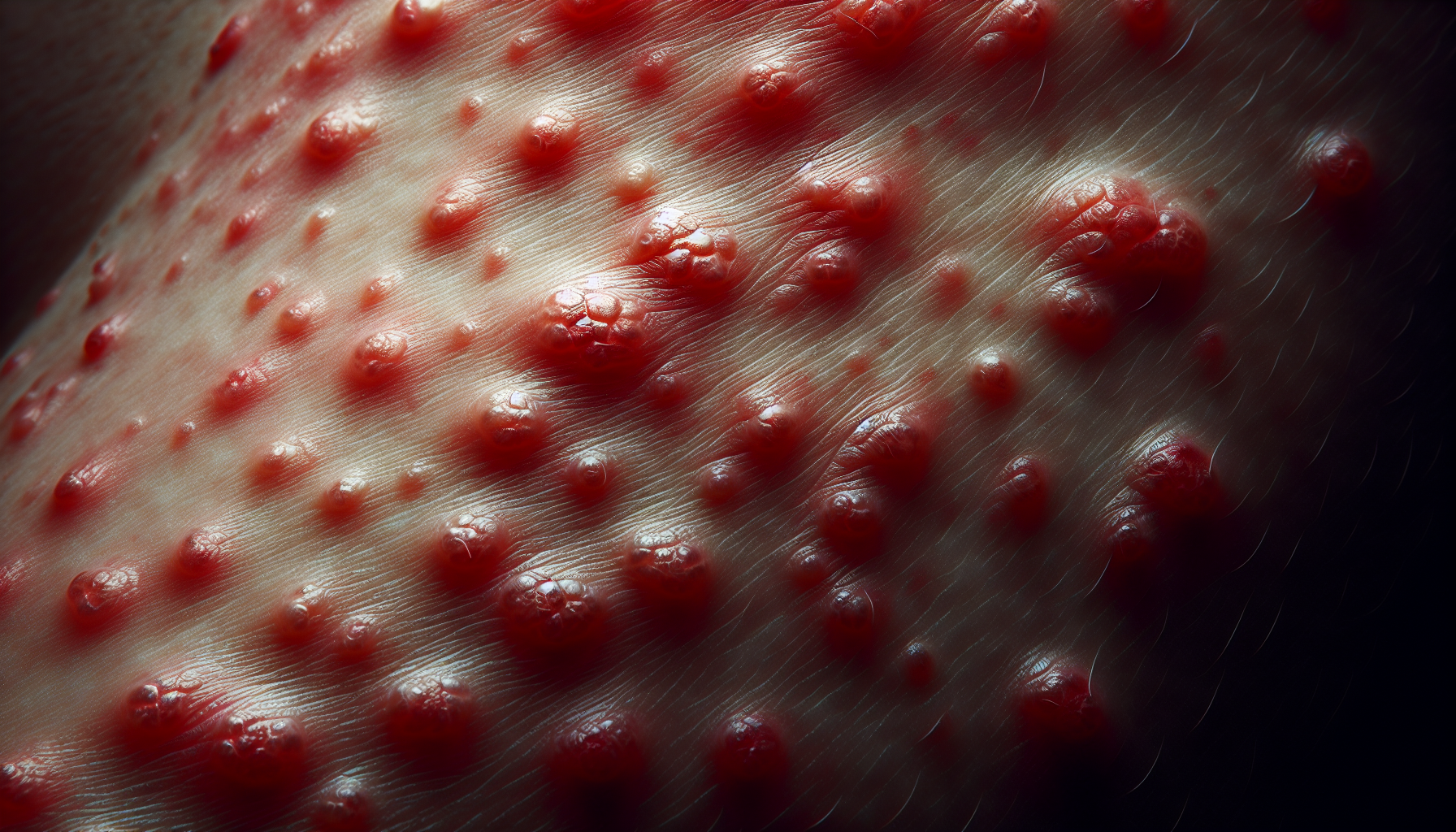Stress is an omnipresent part of modern life, affecting every aspect of our well-being, including the health of our skin. As the body’s largest organ and the first line of defense against environmental aggressors, the skin’s barrier function is crucial for maintaining overall health. In this comprehensive exploration, we’ll delve into the intricacies of how stress impacts the skin’s barrier function and offer practical advice for mitigating its adverse effects.
Understanding the Skin Barrier
The skin barrier, primarily located in the outermost layer of the skin known as the stratum corneum, plays a pivotal role in protecting the body against pathogens, chemicals, and physical stressors. It also helps to retain moisture and provides a shield against environmental elements. The integrity of the skin barrier is essential for maintaining skin health, which is why understanding the connection between stress and skin barrier function is paramount.
The Impact of Stress on Skin
Stress triggers the release of cortisol, a hormone that can lead to increased inflammation and oil production. This hormonal upheaval can weaken the skin’s barrier, making it more susceptible to irritants, allergens, and pathogens. Chronic stress exacerbates the problem, potentially leading to a host of skin issues, including acne, eczema, and psoriasis.
Stress and Skin Hydration
One of the primary ways in which stress affects the skin barrier is by impairing its ability to retain moisture. A compromised barrier cannot effectively prevent transepidermal water loss (TEWL), leading to dehydrated skin that appears dry, flaky, and dull. To combat dehydration, it’s crucial to integrate strategies that boost the skin’s natural hydration capabilities, as outlined in the article on innovative approaches to skin hydration.
Oxidative Stress and Skin Aging
Oxidative stress, accelerated by emotional stress, can also damage the skin barrier. It leads to the breakdown of collagen and elastin, the proteins responsible for the skin’s firmness and elasticity. This process not only weakens the barrier but also contributes to the visible signs of aging. Antioxidants play a significant role in neutralizing free radicals caused by oxidative stress, and incorporating them into your skin care routine can be beneficial, as noted in the discussion on the benefits of Vitamin C in skin care.
The Role of Inflammation
Chronic stress can lead to persistent inflammation, further damaging the skin barrier. Inflammatory skin conditions such as rosacea and dermatitis can be exacerbated by stress, making managing stress levels an integral part of any skin care strategy.
Strategies to Protect and Restore the Skin Barrier
Protecting and restoring the skin barrier requires a multifaceted approach that includes lifestyle changes, dietary adjustments, and targeted skin care practices.
Stress Management Techniques
Incorporating stress management techniques into your daily routine can have a profound impact on skin health. Practices such as mindfulness, meditation, and yoga can reduce cortisol levels, thereby helping to preserve the skin’s barrier function.
Dietary Considerations
A diet rich in antioxidants, essential fatty acids, and vitamins can support skin health from the inside out. Foods high in omega-3 fatty acids, for instance, can strengthen the skin barrier and provide anti-inflammatory benefits, as discussed in the article on exploring the benefits of omega-3s for healthy skin.
Tailored Skin Care Routines
A skin care routine tailored to your skin type can help address the specific needs of your skin barrier. This may include gentle cleansing, regular moisturizing, and the use of barrier-repairing ingredients such as ceramides and hyaluronic acid.
Topical Treatments
Topical treatments containing ingredients like niacinamide and glycerin can improve the skin’s barrier function. Niacinamide, in particular, has been shown to have a regulatory effect on lipid synthesis, which is crucial for maintaining a healthy barrier.
Professional Care
Seeking professional care from a dermatologist or esthetician can provide access to treatments and products specifically designed to strengthen the skin barrier. These experts can also offer guidance on how to implement an effective skin care routine that combats the effects of stress.
High-Quality External Resources
To further understand the science behind stress and its impact on the skin, consider delving into the following resources:
- A study on the impact of psychological stress on the skin barrier function, available through the National Center for Biotechnology Information (NCBI).
- An in-depth review of the relationship between stress and the pathophysiology of skin diseases, accessible via the Journal of Investigative Dermatology (JID).
- The American Academy of Dermatology (AAD) provides valuable insights into the effects of stress on various skin conditions.
Conclusion
Stress is an inevitable element of life, but its negative impact on the skin barrier doesn’t have to be. By understanding the connection between stress and skin health and adopting comprehensive strategies to manage stress and care for the skin, one can mitigate the adverse effects and maintain a healthy, resilient complexion.
A robust skin barrier is integral to overall well-being. By prioritizing stress reduction and implementing targeted skin care strategies, we can protect our skin and enhance its natural defenses. Whether through lifestyle changes, dietary adjustments, or professional advice, the journey to healthier skin begins with a commitment to understanding and managing the intricate relationship between stress and skin barrier function.



